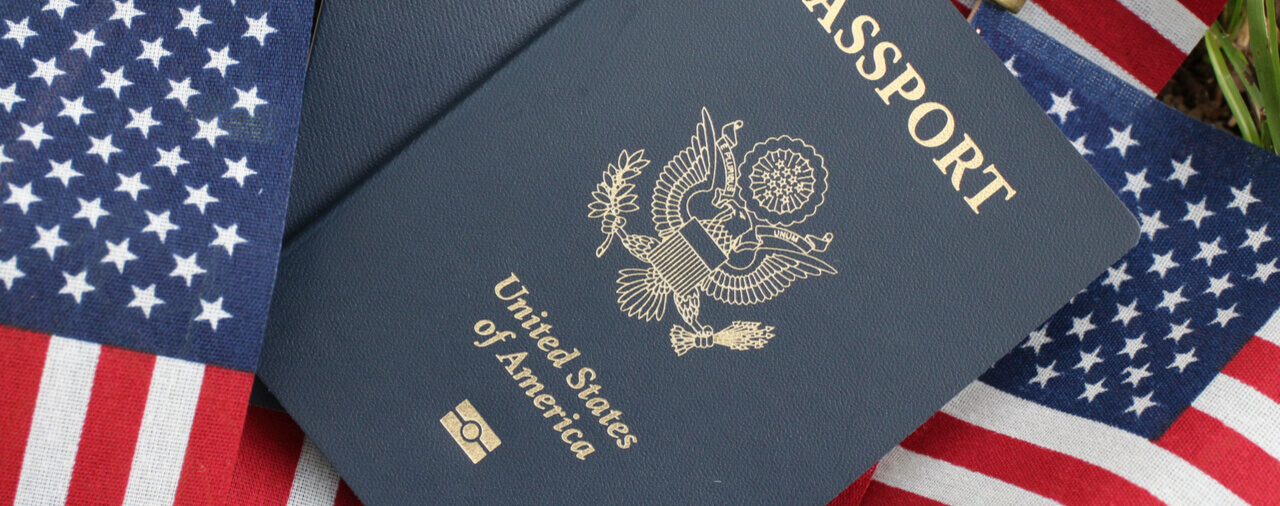Denaturalization
A naturalized citizen may be subject to denaturalization proceedings in court or as a result of a conviction for knowingly obtaining naturalization through fraud under 18 U.S.C. 1425. A U.S. citizen from birth may not be denaturalized under the following provisions. Denaturalization can occur under section 340(a) of the INA if it is found that a naturalized citizen obtained naturalization illegally, through the concealment of a material fact, or by willful misrepresentation. Although the DHS may not revoke citizenship administratively, it may recommend denaturalization proceedings under section 340(a). Under 340(d), family members of a person denaturalized under 340(a) who had claimed citizenship through that person may be denaturalized.

The Attorney General has the authority to cancel a certificate of citizenship or certificate of naturalization if he or she believes that the certificate was obtained illegally or fraudulently. However, this does not constitute denaturalization.
Section 349(a) lists circumstances in which a U.S. citizen by birth or by naturalization may lose nationality (the terms “national” and “citizen” are interchangeable except for U.S. nationals from American Samoa who do not have U.S. citizenship) by voluntarily engaging in certain actions with the intent to renounce citizenship. These cases are:
Becoming naturalized in a foreign state or declaring allegiance (by oath, affidavit, or other statement) to a foreign state after turning 18 years of age;
Entering the armed forces of a foreign state that is engaged in hostilities against the United States or serving in a foreign army;
Accepting a post or employment in a foreign government;
Formally renouncing U.S. citizenship before a U.S. diplomatic or consular officer in a foreign state or doing so in the United States when the United States is in a state of war;
Committing treason against, attempting by force to overthrow, or bearing arms against the United States.
If a person loses nationality under 349(a), he or she will be provided with a certificate of loss of nationality. A person may argue that the person did not undertake the action with the intent to renounce citizenship.
If a naturalized citizen faces denaturalization proceedings, it is essential to contact an experienced immigration attorney immediately. Denaturalization is not only gravely serious for the person facing denaturalization, but also for any family members who claimed naturalization through him or her. If a U.S. citizen intends to voluntarily renounce citizenship, or if the government argues that he or she voluntarily renounced citizenship when the person believes that he or she did not have the intent to renounce citizenship, it is also essential to consult with an experienced immigration attorney.
At The Law Offices of Grinberg & Segal, PLLC, our experienced immigration attorneys stand ready to help clients facing denaturalization or any other issue involving the renunciation of U.S. citizenship.